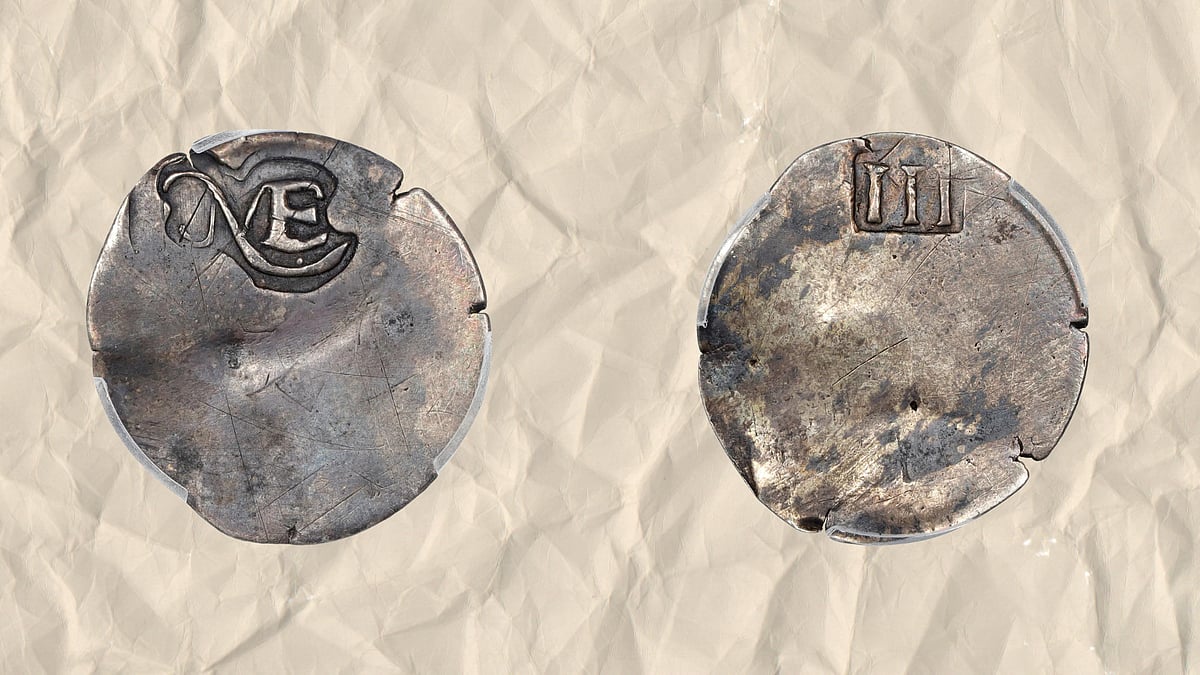Beijing: In the midst of heated competition with the United States, China has been constructing more than 100 new missile silos in a desert area located in the western part of the country, in what experts say signals plans to significantly expand its nuclear capabilities, according to a new report.
According to Washington Post, commercial satellite images obtained by researchers at the James Martin Center for Nonproliferation Studies in California have shown that work is underway at scores of sites across a grid covering hundreds of square miles of arid terrain in China's Gansu province.
The 119 nearly identical construction sites contain features that mirror those seen at existing launch facilities for China's arsenal of nuclear-tipped ballistic missiles.
If the acquisition of over 100 new missile silos is completed, it would represent a historic shift for China, which is believed to possess a relatively modest stockpile of 250 to 350 nuclear weapons.
The actual number of new missiles intended for those silos is unknown but could be much smaller. China is known to have deployed decoy silos in the past.
According to researcher Jeffrey Lewis, an expert on China's nuclear arsenal, the construction boom suggests a major effort to bolster the credibility of China's nuclear deterrent.
"If the silos under construction at other sites across China are added to the count, the total comes to about 145 silos under construction," he said.
"We believe China is expanding its nuclear forces in part to maintain a deterrent that can survive a US first strike in sufficient numbers to defeat US missile defenses," he added.
During a congressional hearing in April, US Admiral Charles Richard, who commands the country's nuclear forces, said that a "breathtaking expansion" was underway in China, including an expanding arsenal of intercontinental ballistic missiles (ICBMs) and new mobile missile launchers that can be easily hidden from satellites.
The reported silo construction project could provide China with yet another means of concealing its most powerful weapons, Washington Post reported.
Each site is separated from its neighbors by about two miles, and many of the sites are concealed by a large, dome-like covering, following a practice observed at known construction sites for missile silos in other parts of China.
Lewis said the silos are probably intended for a Chinese ICBM known as the DF-41, which can carry multiple warheads and reach targets as far away as 9,300 miles, potentially putting the US mainland within its reach.
US Defense Department spokesperson John Supple noted that Pentagon reports and analysts have previously raised concerns about the proliferation of China's missile silos. "Defense Department leaders have testified and publicly spoken about China's growing nuclear capabilities, which we expect to double or more over the next decade," he said.
China has traditionally embraced a "limited deterrence" doctrine that prioritizes a lean but robust nuclear arsenal instead of engaging in an expensive arms race with the US and Russia, in order to ensure Beijing's ability to retaliate against any adversary if attacked.
In recent years, however, Chinese officials have complained that their country's nuclear deterrent is losing credibility because of nuclear modernisation programs proposed or already underway in Russia and the US.
China has resisted calls to join new arms-control talks because of fears that new limits would forever enshrine its status as a second-rate nuclear power compared with Washington and Moscow, Washington Post reported.
Lewis said, there was "a very good chance that China is planning a shell game" in which it hides a relatively small number of warheads across a network of silos. The sudden appearance of so many new launch sites could increase pressure on US officials to speed up efforts to modernize the American arsenal, he said.
"We're stumbling into an arms race that is largely driven by US investments and missile defense," Lewis said.
Earlier this year, Secretary of State Antony Blinken vowed in a statement that the Biden administration would "pursue arms control to reduce the dangers from China's modern and growing nuclear arsenal".
He said that the US would seek "effective arms control that enhances stability, transparency and predictability while reducing the risks of costly, dangerous arms races".











